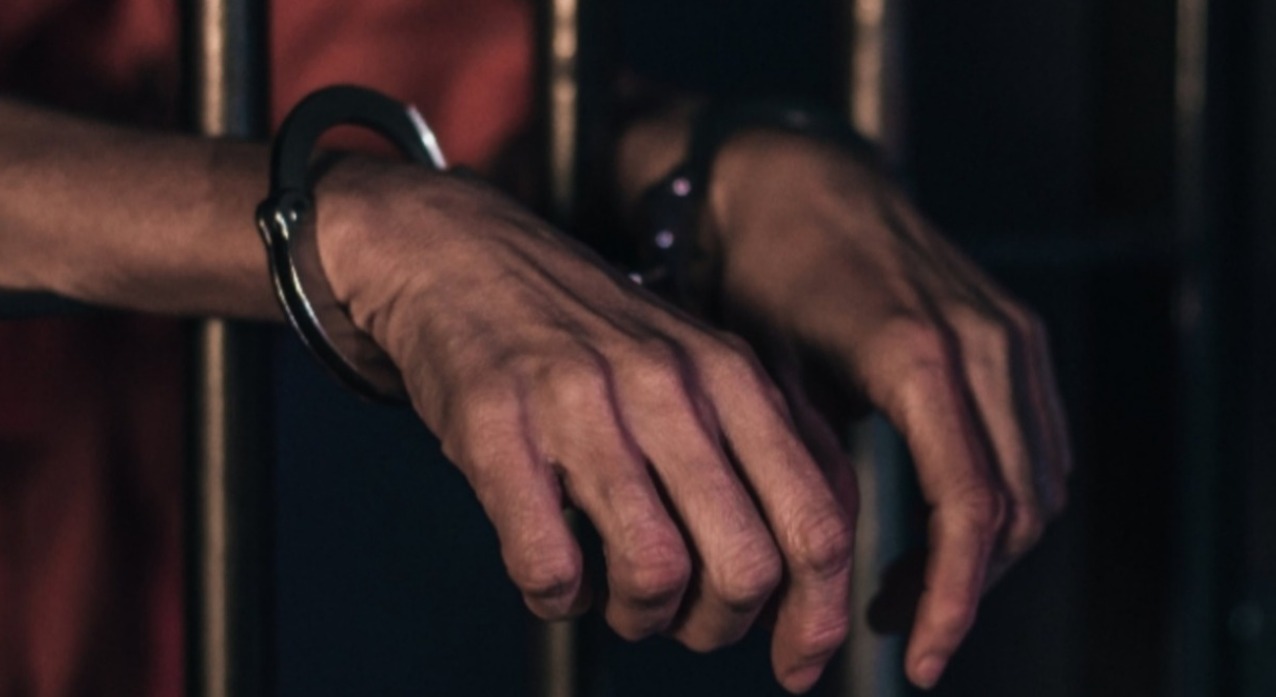Siliguri, October 26 : In a dimly lit café tucked away from the bustling streets, Maya sat across from me, her posture guarded yet graceful. She was wary at first, her eyes shifting with uncertainty as she scanned the room. Maya wasn’t her real name; it was the one she had chosen for herself—a protective layer over a life with chapters that most wouldn’t understand. Her story was one of resilience, shaped by circumstances that few would willingly choose. A long line of hardships, family responsibilities, and an urgent need to survive had pulled her into a world she never imagined she’d enter: a world where each day, each client, meant another step closer to securing her family’s well-being.

The initial questions were met with brief, almost whispered replies, her hesitation palpable. But as the minutes passed, her guarded walls began to soften. Her voice grew steadier, and her eyes, though weary, reflected a profound depth as she unfolded her journey—piece by painful piece. Maya spoke of the desperation, the sacrifices, and ultimately the strength she found within herself, a strength that allowed her to keep going, day after day, for the ones she loved. As the story flowed, it became clear that she was more than the label society had imposed on her; she was a provider, a fighter, and a woman bearing the weight of her world.
TVS: Thank you for agreeing to speak with me, Maya. I know it can’t be easy to talk about such personal things. Could you start by telling us a bit about yourself?
Maya: Of course. Well, my name’s Maya, and I’m 32 years old. I grew up in a small town, far from the bright city lights. Life was hard from the start—my father left when I was little, and my mother tried her best to make ends meet. But there were too many mouths to feed, and money was always tight.
TVS: That sounds tough. How did your journey eventually lead to where you are now?
Maya: After I finished high school, I moved to the city with big dreams. I thought I could find a good job and support my family, maybe even study further. But the city wasn’t as kind as I’d imagined. I jumped from one low-paying job to another—washing dishes, working in a factory. Whatever I earned was barely enough to cover rent, let alone send anything back home.
TVS: Were there moments you thought things might improve?
Maya: Yes, I did. I remember one job in particular where I worked as a cleaner for an office building. I was so hopeful that I could work my way up, maybe get a promotion or even find an office job. But that didn’t happen. They wanted educated people, people with connections. I was an outsider, just another cleaner.
TVS: So when did things take a turn?
Maya: There was a time when my mother fell sick, really sick. The doctor said she needed an operation, and the costs were way beyond anything I could afford. My younger siblings were also relying on me for their school fees. I was desperate—no one would lend me that kind of money.
TVS: And that’s when you turned to prostitution?
Maya: Yes. A woman I knew from one of my previous jobs reached out to me, saw the pain I was in. She suggested this as a “quick way” to make money. At first, I was shocked and ashamed. But she told me how it had helped her survive, how it wasn’t as uncommon as I might think. After days of struggling, crying, and fighting myself, I agreed.
TVS: What was that first experience like for you?
Maya: Awful. I felt like I’d lost a part of myself, something that I could never get back. But I was able to send money home, and my mother was treated. That eased the pain a bit, made it feel almost… justified.
TVS: Did things get any easier over time?
Maya: Yes and no. You learn to numb yourself a bit, to shut off your emotions. I became good at pretending I was someone else, just for the night. But the shame and guilt never really leave you. Every time I thought about leaving, I remembered the rent, the bills, and the mouths waiting for me to send something back home.
TVS: Did you ever feel trapped?
Maya: Completely. It’s like you’re in a cage that you can’t escape. The more you make, the more you need to survive. And people judge you, look down on you if they know. Some men think they can do whatever they want, treat you however they please. The fear never goes away.
TVS: Did your family ever find out?
Maya: They don’t know. I couldn’t bear the thought of my mother or my siblings knowing. They think I’m working a decent job here, just struggling like anyone else in the city. The lies keep me up at night sometimes, but I’d rather lie than see their disappointment.
TVS: What would you want people to understand about your life and your choices?
Maya: I didn’t choose this out of desire or a lack of morals. I did this to survive, to help the people I love. Sometimes, society doesn’t leave you with many choices, and you end up doing things you once swore you’d never do. If anything, I want people to know that women like me are just trying to make it through each day, same as anyone else.
TVS: What are your hopes for the future, Maya?
Maya: I hope one day I can leave this behind, find something else, something that doesn’t make me feel this way. I want to live with dignity, to find a job that respects me for who I am. Maybe open a small shop or café. That’s my dream.
TVS: Thank you, Maya, for sharing your story. I think it’s one that many need to hear and understand.
Maya: Thank you for listening. I hope it helps someone out there, even if it’s just to see things a little differently.






